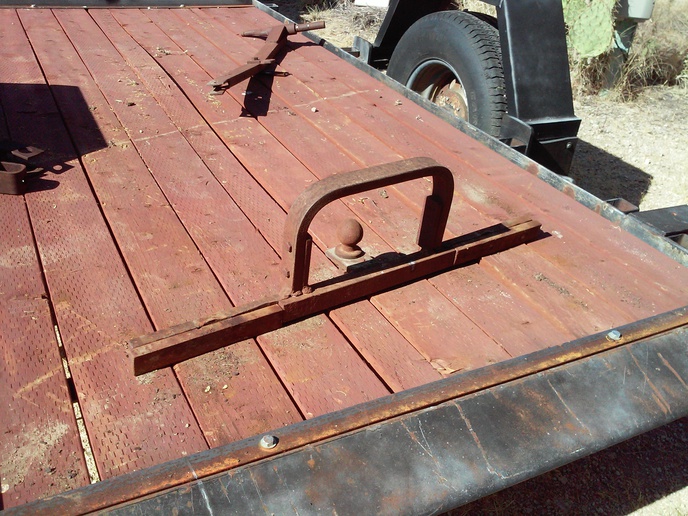VS, here's a bit more hard core engineering data and information to help you decide what size wire to use out to that heater. Lets look at the math and Ohms Law instead of just opinions and preferences.
1) The heater appears to have 9.6 ohms of pure resistance (NO appreciable inductance or capacitance). I say that because the info claims it draws 12.5 amps at 120 volts. To solve for R it equals (V/I) = 120/12.5 or 9.6 ohms.
2) Although it depends on temperature and the enclosure or raceway of if the conductors are in free air or enclosed or direct buried etc etc one typical ampacity for 12 Gauge Copper Conductors often quoted is 20 amps, and 12.5 amps is certainly within that current ampacity rating if you used 12 Gauge wire.
3) HOWEVER since wire still has resistance its NOT a perfect conductor, voltage drop will take place in the wires meaning the entire beginning 120 volts will NOT be available out at the heater.
4) So in reality the complete circuit (heater plus wire) consists of MORE THEN 9.6 OHMS as the wires resistance is in series with the heater.
5) THEREFORE, since the circuit resistance due to a long wire run is MORE THEN 9.6 OHMS, and since I = V/R, the current that will flow through the circuit, wires PLUS the heater, WILL BE LESS THEN 12.5 AMPS ACTUALLY. If you applied 120 volts across 9.6 ohms you get the heaters rated 12.5 amps HOWEVER 120 volts applied across say 9.6 + X Ohms IS LESS THEN 12.5 AMPS. More ohms = less current flow DUH
6) This confirms what I advised below, that as the heater is NOT a motor load or NOT a voltage sensitive or voltage critical device or NOT any sensitive "electronic" device ITS JUST A RESISTANCE/HEATER
PLUS as 12 gauge wire has an ampacity rating of 20 amps which doesn't change regardless if its a foot or 300 feet ALTHOUGH VOLTAGE DROP INCREASES AS LENGTH SINCE IT STILL HAS RESISTANCE
12 GAUGE WIRE WILL CERTAINLY SUFFICE TO CARRY 12.5 AND FEWER (see my math above why) AMPS TO THE HEATER
NOWWWWWWWWWWWW before anyone has a calf, the heater will not develop as much heat energy (I Squared R) if you're pumping less then 12.5 amps through it. IT WILL NOT GET AS HOT as it would if the whole 120 volts is there and the longer the wire run the less volts that end up at the heater.
HOWEVER 12 gauge wire will easily carry 12.5 minus X amps and that's less then its rated 20.
DISCLAIMER Im rusty on Ohms Law and long retired so theres a darn good chance my formulas or math may be incorrect,,,,,,,,,Im pretty sure 12 gauge wire has an ampacity of 20 amps and more (depends on enclosures and temp etc) and that ampacity DOES NOT depend on how long the wire is while voltage drop increases as length increases. So if I made an error in my match or formulas will some electrical experts PLEASE CORRECT IT.
FINALLY, (dont have a calf anyone) Im NOT saying its how I would do it,,,,,,,,,,Im not saying its perfect,,,,,,,,,Im ONLY saying 12 gauge wire will suffice to conduct 12.5 and less amps and that heater plus the wires resistance will result in a circuit current of LESS THEN 12.5. CAN ANYONE SHOW THAT INCORRECT????????????? I wouldnt be surprised as Im rusty on Ohms Law grrrrrrrrrr
John T


